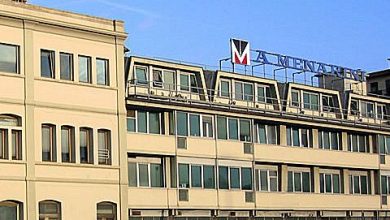
With an appeal to the Court of Rome, the spouse of a worker who died of myocardial infarction took action against the employer to order him to be sentenced to compensation for pecuniary and moral damages deriving from the death of the relative.
In support of the claim, he deduced that the spouse had found himself operating in the last months of his employment relationship, in conditions of extraordinary physical burden: the work activity had intensified to the point of reaching unsustainable rhythms; the work commitment had been continuous according to an average of about eleven hours a day and had entailed the continuation of the activity at home and until late in the evening; the various and complex projects had been entrusted to the direct management of the spouse without the support of collaborators.
The Court of Appeal of Rome in reform of the first instance sentence sentenced the employer.
Legal profiles
Responsibility for the organizational model and the distribution of work lies with the employer, who cannot escape the charges for the damaging effects on the physical and moral integrity of the workers which may derive from the inadequacy of the model, citing the absence of complaints made by the employees or, even, claiming to ignore the particular working conditions in which the tasks entrusted to the workers are actually carried out; it must in fact be presumed, unless proven otherwise, that the company is aware of the ways in which each employee carries out his or her work, as an expression and concrete implementation of the organizational structure adopted by the entrepreneur with his own directives and internal provisions .
In the factual reconstruction carried out by the trial judge, it emerged that the worker, in order to escape his work, was forced, even if not by direct solicitation, to conform his work rhythms to the need to carry out disposal within the times required by nature and multiplicity of tasks entrusted to him.
[Adv. Ennio Grassini – www.dirittosanitario.net ]





